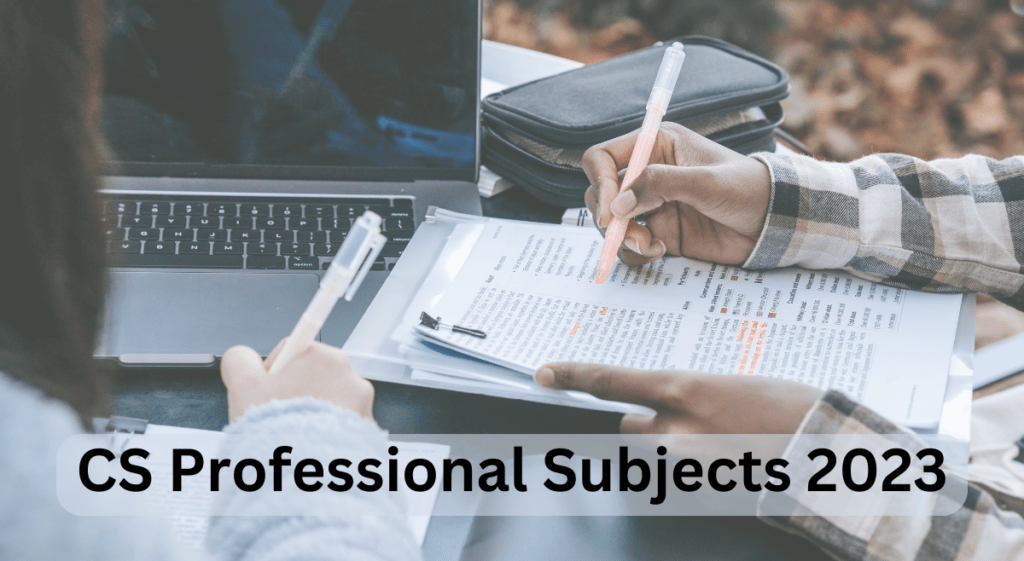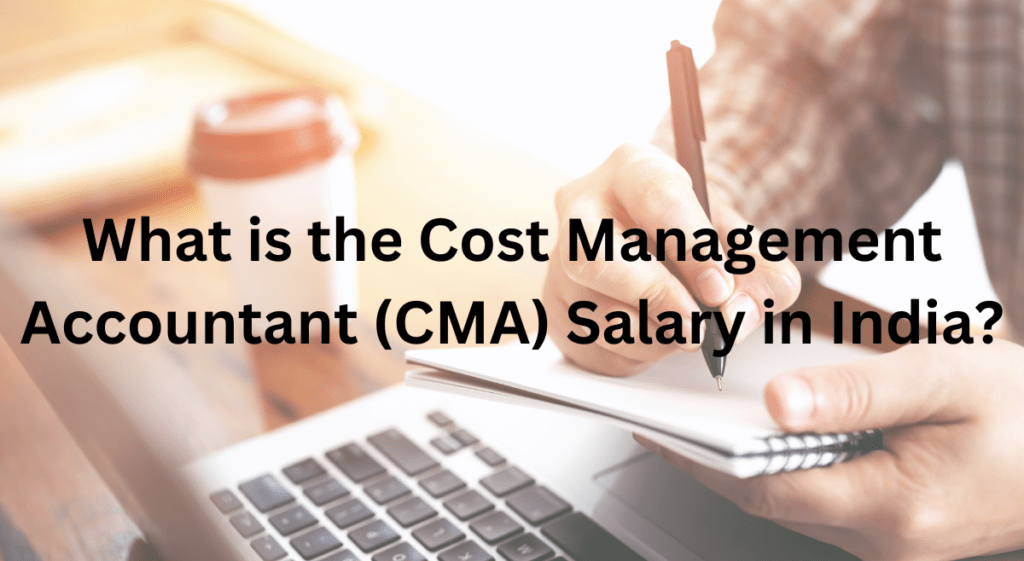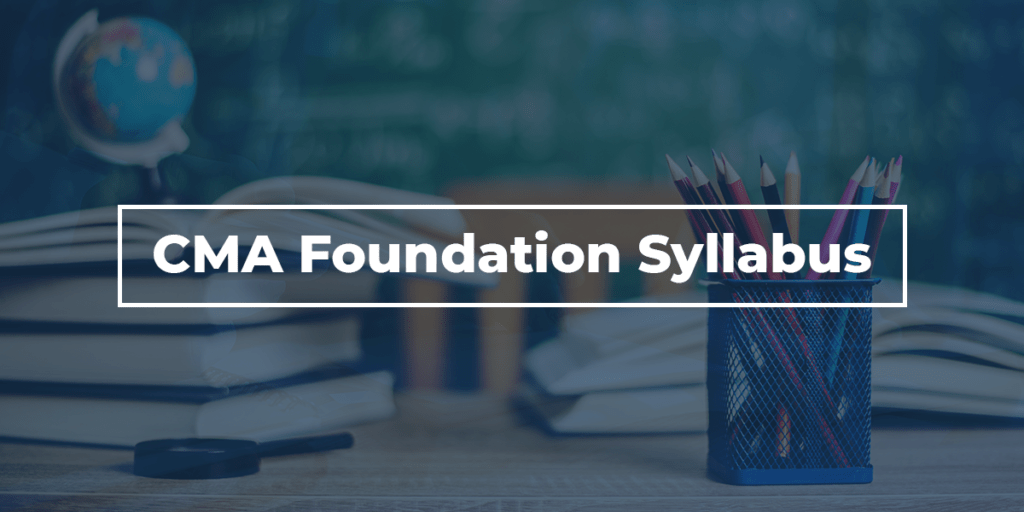CA Foundation New Syllabus Inspire Academy
As a part of the new system of education and training, the Institute of Chartered Accountants of India (ICAI) released the CA Foundation New Syllabus 2024 on July 1, 2023. Candidates who plan to sit for the test must take into account the new additions and changes to the CA Foundation 2024 syllabus. The new program’s CA Foundation syllabus can be found on the official ICAI website, icai.org. The final CA Foundation exam to be conducted under the existing programme using the outdated CA Foundation syllabus will take place in December 2023, while the first CA Foundation exam to be conducted under the new ICAI programme will take place in June 2024.
Interested candidates should take note of the new CA Foundation test syllabus and develop a preparation strategy in line with it. Read the complete article to learn more about the CA Foundation’s new curriculum, which is being implemented under the ICAI’s new structure, covering all the topics and important themes.
CA Foundation New Syllabus Papers 2024
In the new syllabus of CA Foundation, under the new ICAI scheme, the following papers have been included :
| Sl. No | Paper Name | Marks | Type of Questions |
| Paper 1 | Accounting | 100 Marks | Objective |
| Paper 2 | Business Laws | 100 Marks | Objective |
| Paper 3 | Quantitative Aptitude:
Part A: Business Mathematics Part B: Logical Reasoning Part C: Statistics |
100 Marks
Part A: 40 Marks Part B: 20 Marks Part C: 40 Marks |
Subjective |
| Paper 4 | Business Economics | 100 Marks | Subjective |
CA Foundation Syllabus Under New Scheme 2024
The precise ICAI CA Foundation curriculum for each of the aforementioned papers is provided in the table below in accordance with the most recent format. The specifics also comprise the central concepts for every CA Foundation discipline.
Discover the ultimate in precision and style with our exclusive collection of tag heuer replica watches. Crafted for enthusiasts who appreciate quality, each timepiece exudes elegance and sophistication. Elevate your style effortlessly with our best Tag Heuer replica – the hottest fake Tag Heuer watches online store.
| Objective: To get a basic understanding of accounting’s concepts and principles and put that knowledge to use when creating financial statements and solving straightforward problems. | |
| Topics | Sub Topics |
| Theoretical Framework
|
|
| Accounting Process |
|
| Bank Reconciliation Statement | Introduction, reasons and preparation of bank reconciliation statement |
| Inventories | Meaning, basis and technique of inventory valuation, cost of inventory, net realisable value and record system |
| Depreciation and Amortisation
|
Meaning and distinctions between tangible and intangible assets, as well as concepts, computation methods, and accounting treatment of amortisation and depreciation, as well as changes to the depreciation method |
| Bills of Exchange and Promissory Notes | Meaning of bills of exchange and promissory notes and their accounting treatment; accommodation bills. |
| Preparation of Final accounts of Sole Proprietors | Elements of financial statements, closing adjustment entries, trading account,profit and loss account and balance sheet of manufacturing and non- manufacturing entities |
| Financial Statements of Not-for-Profit Organizations | Difference between the profit and loss account and the income and expenditure account, as well as the significance and production of the receipt and payment account, income and expenditure account, and balance sheet |
| Accounts from Incomplete Records (excluding preparation of accounts based on ratios). | – |
| Partnership And LLP Accounts |
|
| Company Accounts
|
|
Paper 2: Business Laws
| Objective: to obtain general legal knowledge of the law of contracts, sales, and a comprehension of different company structures and how they operate in order to control the business environment, as well as the capacity to address simple application-oriented problems. | |
| Topics | Sub Topics |
| Indian Regulatory Framework | Major Regulatory Bodies such as the Ministry of Finance, Ministry of Corporate Affairs, SEBI, RBI, IBBI, Ministry of Law and Justice, etc. |
| The Indian Contract Act, 1872 | General Terms of the Contract, the Consideration, and Additional Requirements for a Binding AgreementContract of Indemnity and Guarantee, Performance Contract, Breach of Contract, Conditional and Quasi-Contract, Contract of Agency, Contract of Bailment and Pledge |
| The Sale of Goods Act, 1930 | Formation of the contract of sale, Conditions and Warranties,Transfer of ownership and Delivery of goods,Unpaid seller and his rights. |
| The Indian Partnership Act, 1932 | General Nature of Partnership, Rights and Duties of partners, Reconstitution of firms, Registration and Dissolution of a firm |
| The Limited Liability Partnership Act, 2008 | Introduction-covering nature and scope, Essential features, Characteristics of LLP, Incorporation and Differences with other forms of organisations |
| The Companies Act, 2013 | Essential features of company, Corporate veil theory, Classes of companies,Types of share capital, Incorporation of company, Memorandum of Association, Articles of Association, Doctrine of Indoor Management |
| The Negotiable Instruments Act, 1881 | Meaning of Negotiable Instruments, Characteristics, Classification of Instruments, Different provisions relating to Negotiation, Presentment of Instruments, Rules of Compensation |
PAPER 3: QUANTITATIVE APTITUDE
Objective:
|
|
| Topics | Sub Topics |
| Part A: Business Mathematics | |
| Ratio and proportion, Indices and Logarithms | Ratio and proportion and Time and work-related problems, Laws of Indices, Exponents and Logarithms and AntiLogarithms |
| Equations | Linear Equations Upto Three Variables, Quadratic and Cubic equations in one variable. Applications in Business Related Problems. |
| Linear Inequalities | Linear Inequalities in one and two variables and the solution space |
| Mathematics of Finance |
|
| Permutations and Combinations | Basic concepts of Permutations and combinations: Introduction, the factorial, permutations, results, circular permutations, permutations with restrictions, Combinations With standard results |
| Sequence and Series | Introduction Sequences, Series, Arithmetic and Geometric progression,RelationshipbetweenAMandGMandSumofntermsofspecialseriesand BusinessApplications |
| Sets, Relations, and Functions. Basics of Limits and Continuity Functions | |
| Basic applications of Differential and Integral calculus in Business and Economics (Excluding the trigonometric applications) | |
| Part B: Logical Reasoning | Number series coding and Decoding and odd man out, Direction Tests, Seating Arrangements, Blood Relations |
| Part C: Statistics | |
| Statistical Representation of Data | Diagrammatic representation of data, Frequency Distribution, Graphical representation of Frequency Distribution–Histogram, Frequency Polygon, Ogive, Pie-chart |
| Sampling | Basic principles of sampling theory, comparison between sample survey and complete enumeration, some important terms associated sampling type of sampling,sampling and non-sampling errors. |
| Measures of Central tendency and Dispersion | Mean Median, Mode, Mean Deviation, Quartiles and Quartile Deviation, Standard Deviation, Coefficient of Variation, Coefficient of Quartile Deviation |
| Probability | Independent and dependent events;mutually exclusive events.Total and Compound Probability and Bayes Theorem |
| Theoretical Distributions | Random variables, Discrete and Continuous Random variables, Expectation of a discrete random variable, Theoretical Distributions:Binomial Distribution, Poisson distribution–basic application and Normal Distribution–basic applications |
| Correlation and Regression | Scatter diagram, Karl Pearson’s Coefficient of Correlation Rank Correlation, Regression lines, Regression equations,Regression coefficients |
| Index Numbers | Uses of Index Numbers, Problems involved in construction Index Numbers,Methods of construction of Index Numbers.BSE SENSEX NSE |
Paper 4: Business Economics
| Objective: To develop an understanding of the concepts and theories of Economics and to acquire the ability for addressing application-oriented issues | |
| Topics | Sub Topics |
| Introduction to Business Economics | Meaning and scope of Business Economics.
Basic Problems of an Economy and Role of Price Mechanism |
| Theory of Demand and Supply |
|
| Theory of Production and Cost |
|
| Price Determination in Different Markets |
|
| Determination of National Income |
|
| Business Cycles | Meaning, Phases, Features, Causes behind these Cycles |
| Public Finance |
|
| Money Market |
|
| International Trade |
|
| Indian Economy |
|
Requirements for Clearing CA Foundation Examination 2024
A candidate is said to have passed the Foundation examination if they score at least 40% on each paper and at least 50% on the total of all the papers in one sitting.
Objective in nature, Papers 1 and 2 will receive negative marks; additional notification will be provided. The subjective-type papers are 3 and 4.
Advice on How to Prepare for the New CA Foundation Syllabus 2024
The following advice will help you get started on your CA Foundation exam preparation:
Know the Syllabus: Have a firm understanding of the CA Foundation syllabus. Even though there are the same number of papers, one should do extra research to determine whether there have been any additions or deletions to the curriculum’s listed topics.Choosing the right case for your iPhone 12 is essential to ensure both style and protection. Among the various options available, the “coque iphone 12 transparent” stands out for its sleek design that showcases your phone’s original beauty while providing reliable defense against scratches and drops. Whether you prefer a minimalist look or something more vibrant, selecting the perfect case will enhance your device’s appeal and longevity. Explore your choices and find the ideal match that complements your lifestyle and personality.
Start Early: Candidates should start their preparations now that the CA foundation exam syllabus has been made public. You’ll have plenty of time to review and practise later if you get started early.
Consult the Correct Books and Study Guides: Study guides for the CA foundation are available on the ICAI website. It can be consulted by candidates as they get ready for the CA. Candidates can also prepare well for the CA Foundation test by reading reputable books.
Mock Test: To improve performance on test day, prepare with real-looking mock tests. Additionally, candidates can attempt to pass mock tests for the CA Foundation on the ICAI’s website.
Frequently Asked Questions
When was the New Syllabus of CA Foundation Released?
On July 1, 2023, ICAI issued the revised syllabus
When is the first CA Foundation Exam under the ICA New Scheme For Education & Training ?
The first CA Foundation test will be administered in June 2024 in accordance with the updated ICAI education and training plan.
How many Papers are there in the CA Foundation New Syllabus ?
The updated syllabus for the CA Foundation course includes 4 papers.
How many Marks is each of the Papers in the CA Foundation Exam?
Each paper in the CA foundation exam has 100 points.

 CA FOUNDATION
CA FOUNDATION








